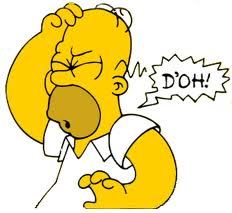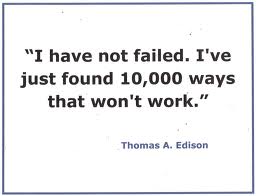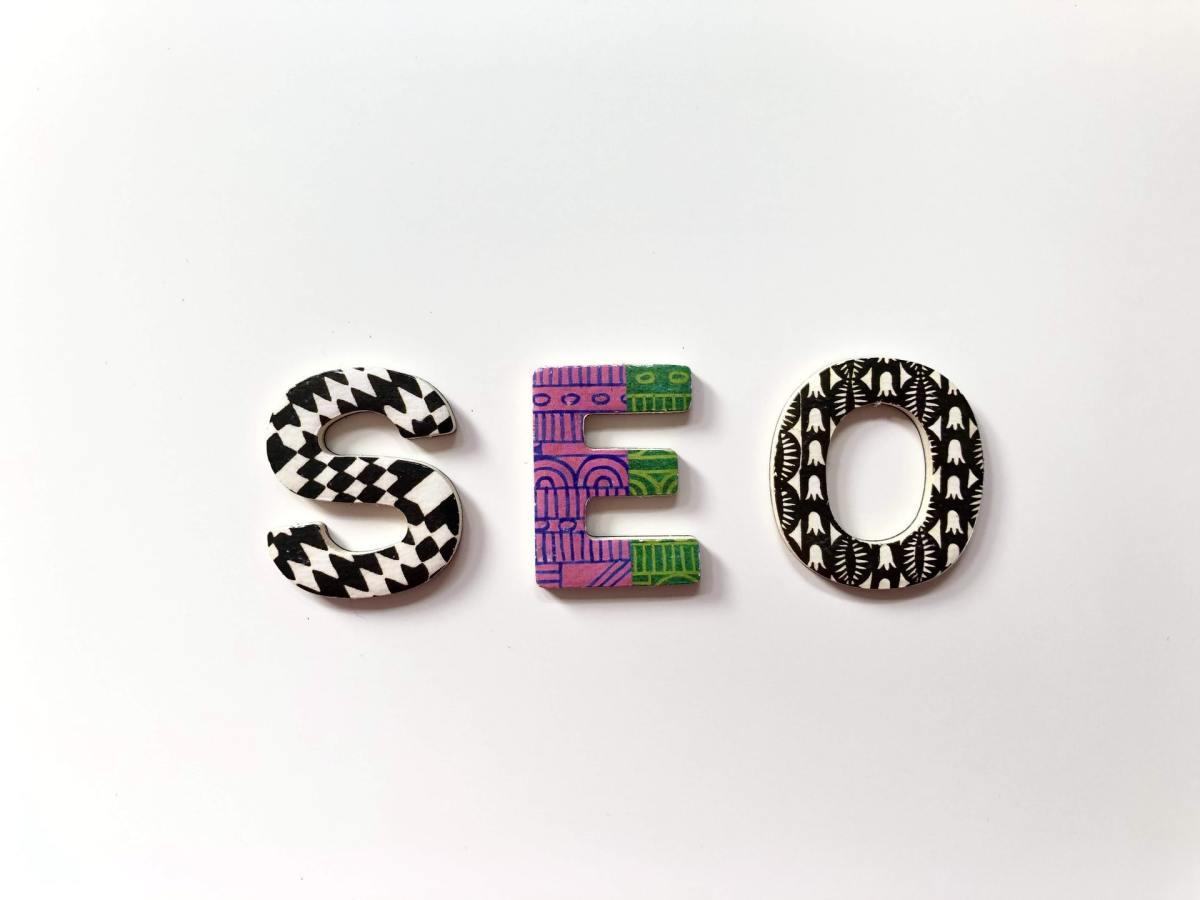Common SEO Mistakes to Avoid - Traffic killing moves

Some relevant links
- Building links - Why it's important and who to link with
A guide looking at why it's important to build links and how to find good quality link partners. - SEO - The Beginners Guide
A guide for new players in the SEO field. This guide sets out the first SEO steps you need to focus on. - SEO tips - Top 10 ways to improve your Search Engine rankings
the top 10 best SEO tips to improve your search engine rankings.
SEO mistakes are very common, mainly because people don't know the correct way to do things. This comes with experience. The fact is that every online writer, internet marketer, website owner, blogger, or SEO specialist would struggle to compete without applying at least some 'SEO' or Search Engine Optimization techniques. In today’s world, so heavily reliant on the web, the importance of the search engines is quite simply, paramount. That's not to say that it's the only way to bring in traffic, far from it. The fact of the matter is that it can bring in qualified traffic at a cost far less than that of other methods. The need and importance of learning and applying the correct SEO techniques is what will give your space on the web the visibility which it deserves. In business terms, that means customers through the doors.
However, most people with business or simply websites / blogs online, who do apply SEO techniques, make a lot of common SEO mistakes. These mistakes can go unnoticed at first, but will be negatively impacting their websites keyword positions in the SERPS (Search Engine results). The impact? The sites in question lose traffic. The loss of traffic lowers revenue streams which makes it all a little less worthwhile. Understanding the following common mistakes in SEO will hopefully help you to avoid them and get started on the right foot.
1. Keyword Density:
In the past, Search Engines have been more favorable to higher keywords’ densities, however this has evolved and is no longer the case. Now, with the evolution of the internet, search engines, and the ever changing algorithms and ranking structures, higher densities can do more harm than good.
Early in the evolution of the web, there were very few websites (in a comparable sense) for topics. You certainly wouldn't have found much on the more obscure or specialist topics. Search engines tended to push websites up in the ranking, which used higher keyword densities in their pages. The reason was to basically make the user experience more knowledgeable and relevant to his search. Now, when almost every keyword brings you more than a thousand different websites, and given some of the practices that the engines have got wise to (keyword stuffing etc), densities of 15% or over is way too high. You should be aiming for 2-5% as a rough guide.
Even with this, we go back to our good old saying, 'Content is King', and this couldn't be more true (read more on the importance of good content). You can do all the on page SEO you like, but if you are not providing unique and useful information, your density can be as optimized and you will still fall short. Write great content and then stick to lower densities (check the densities of your competitors pages that are ranking well:), will keep you right. If you have great content, the SE's will find. This is however, still one of the biggest SEO mistakes around.
2. Similar Meta Tags:
When creating a website, a common mistake that is observed in many websites, is that of the duplicate or similar Meta tags. Not every page of your website is the same – neither should it be – so, it is always recommended not to use the same Meta tags for all the pages of your website. Every page of your website should be unique, containing different articles or products and services, and should be nominated by different Meta tags, directly relevant with that specific page.
3. Correct Anchor Texts:
One of the biggest SEO mistakes, which is made by almost every on-page SEO ‘specialist’, is of incorrect usage of anchor text.
Anchor text is simply a word or group of words, which are embedded into a URL (the part that a web user sees as the link). This URL acts as a backlink to the website that it points to. It could be to a product, service, or webpage of the same website. The anchor text for each back link adds relevancy to the page it points to for that keyword. In short, it optimizes the page it points to for the word or keywords used in the anchor text. With this in mind, it doesn't make much sense to put ‘CLICK HERE’, 'MORE INFORMATION' or 'HOME' as the anchor text, as your pages are not trying to rank for these words. This is very common. You wouldn't have to search for very long to find a website that had the link text as 'HOME', a link which pointed back to their home page.
This makes it difficult for the search engine to accurately recognize your main keywords and backlinks. You should clearly mention the keyword or theme of your link in the anchor text.
4. Lack of Value Proposition:
This is another one, probably more widespread than any of the previous 3. Most people who create a website or web page about a topic, want it to rank in the #1 spot, and why not. Stop to think why you think your web page merits the top spot over your competitors. What do you offer customers that has value? If you don't think why your web page is better than the rest, why would you expect the Search Engines to come to this determination? Checking your competitors out and seeing what they are doing will set the benchmark however don't let other people set your standards. Make yourself stand out by doing something which your competitors aren't, and what they are doing, do it better. Developing a high impact and effective customer proposition is key, and is usually missing off the list with many involved in SEO.
5. Research and Analysis:
Another very common SEO mistake is that people do not take the required amount of time, when setting up an SEO strategy. It is important to understand that SEO is a delicate and complex process, which requires a lot of planning, analysis and research. It's not a one off exercise.
Merely doing the on-page SEO will not take your business to any heights. It requires a lot of off-page SEO as well, with the proper knowledge of backlinks, anchor texts, competition, global searches, local searches and much more.









